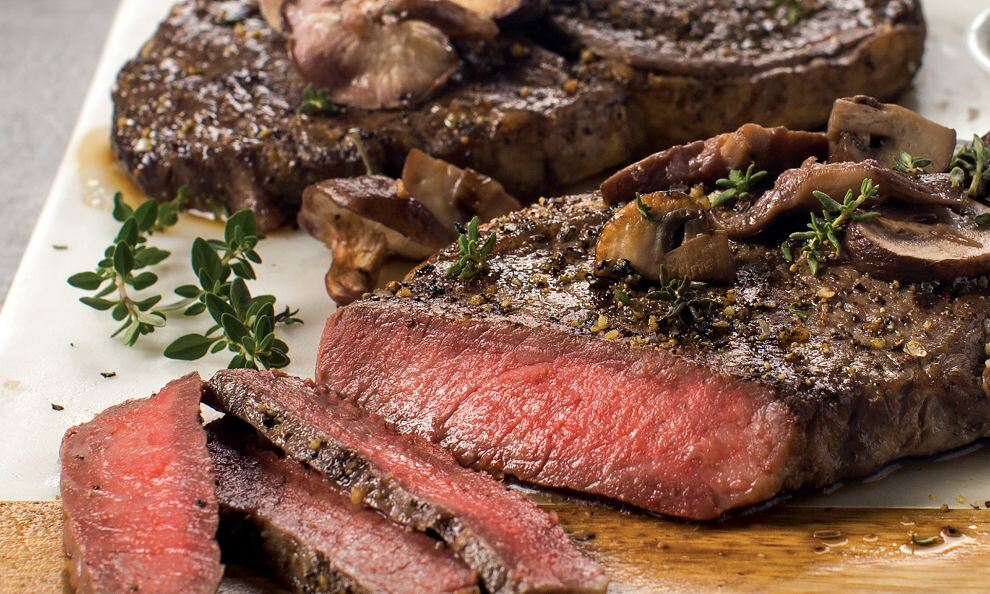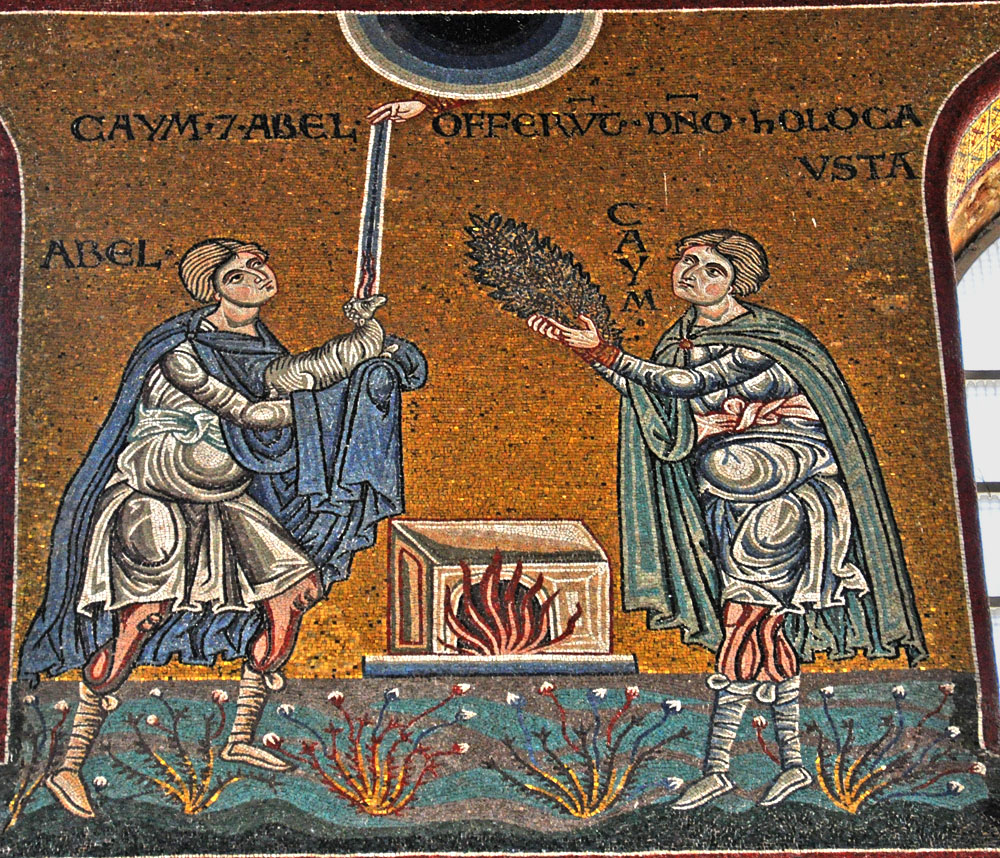
If a nonbeliever invites you and you wish to go, eat everything placed before you…. For why should my freedom be judged by another’s consciousness? If, as of course I do, I partake with gratitude, why am I reviled because of what I give thanks for? (1 Cor. 10:27, 29-30)
There are two inscriptions from the time of Augustus which tell us that the market at Corinth was built by the city’s elite as a gift to the people. After major sports or civic events, meat was often sold in the market at cheaper prices than usual, making it available for the poorer people. (The meat came from sacrifices offered in the temples as part of the civic or sports event.) Many of the members of the Christian parish in Corinth had limited incomes and would have wanted to purchase this meat at the reduced rate.
The Christians did not live in a Christian neighborhood or ghetto. They lived all over the city and were friends with–or had social connections with–people who were not Christians. It must have been common that Christians would be invited to dinner at non-Christian homes. (The unbelievers might even be family members or in-laws of the Christians.) The members of the parish that had more income would also be invited to fancy dinners and events.
The advice of the apostle Paul in both situations is the same: eat whatever. Eat what you can purchase in the market. Eat what people serve you; if you are invited to dinner, follow the normal rules of good manners and eat what the host serves.
What St. Paul actually writes is, “If I partake with charis … why am I reviled/denounced for what I give thanks for?” Charis in other passages is often translated “grace” or even “beauty.” So we might read this passage as saying, “If I partake with grace…” or “If I behave beautifully and eat what I am served….” The rest of the sentence might then be translated, “Why am I criticized so loudly for behaving with good manners, as long as I have thanked God for what I eat?”
Some people in Corinth thought it was wrong to eat this meat. Should their scruples impact everyone else’s behavior? The question of how much someone else’s consciousness/awareness should impact my behavior is an important one. If someone else’s conscience insists that people of a certain race are not human in the same way as others, am I obligated to curtail my behavior because of this mistaken idea? There are some cases when the Gospel obliges us to act on the basis of our own consciousness and not let the mistaken scruples of others hold us back. There are other cases when the stakes are not so high and we might be able to take other people’s consciousness into account and modify our behavior so as to not offend others. One ancient author said,
The conscience that St. Paul refers to is not the conscience of the one who knows idols do not exist but the conscience of one who still thinks the gods depicted in the idols are real.
Severian of Gabala (a popular preacher in Constantinople, AD 398-404)
The importance of having an informed, educated conscience is paramount. We must be reading the Gospel and the Church fathers-mothers to have “the mind of Christ” shaped in our own minds as well. Ignorance is not bliss; ignorant consciences are in for a rude awakening on Judgement Day.

